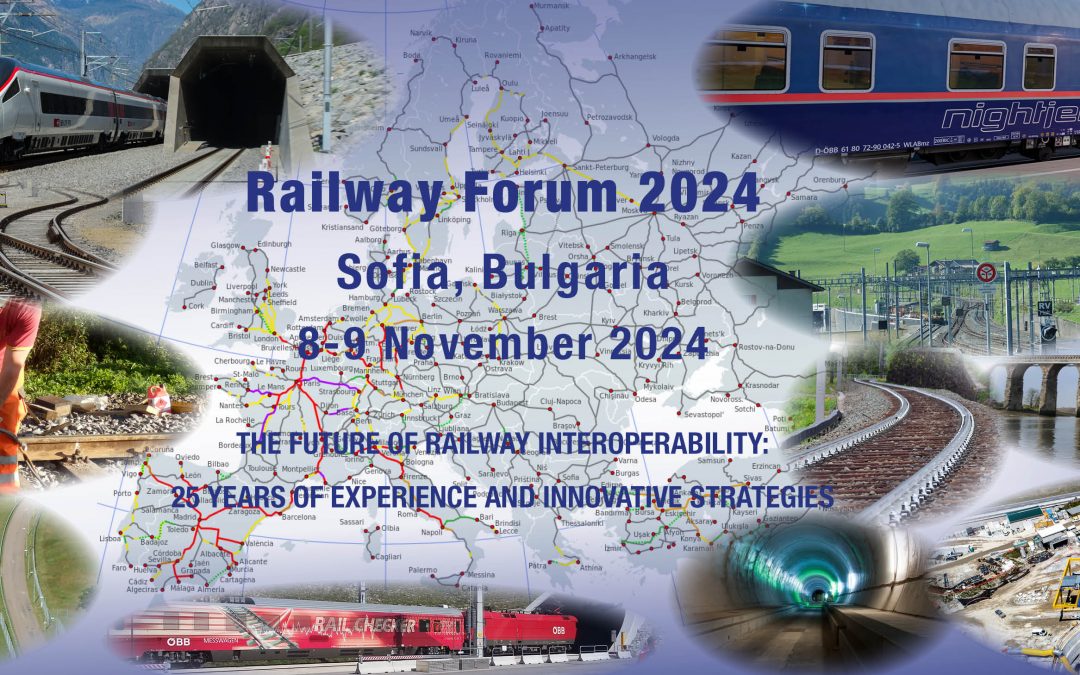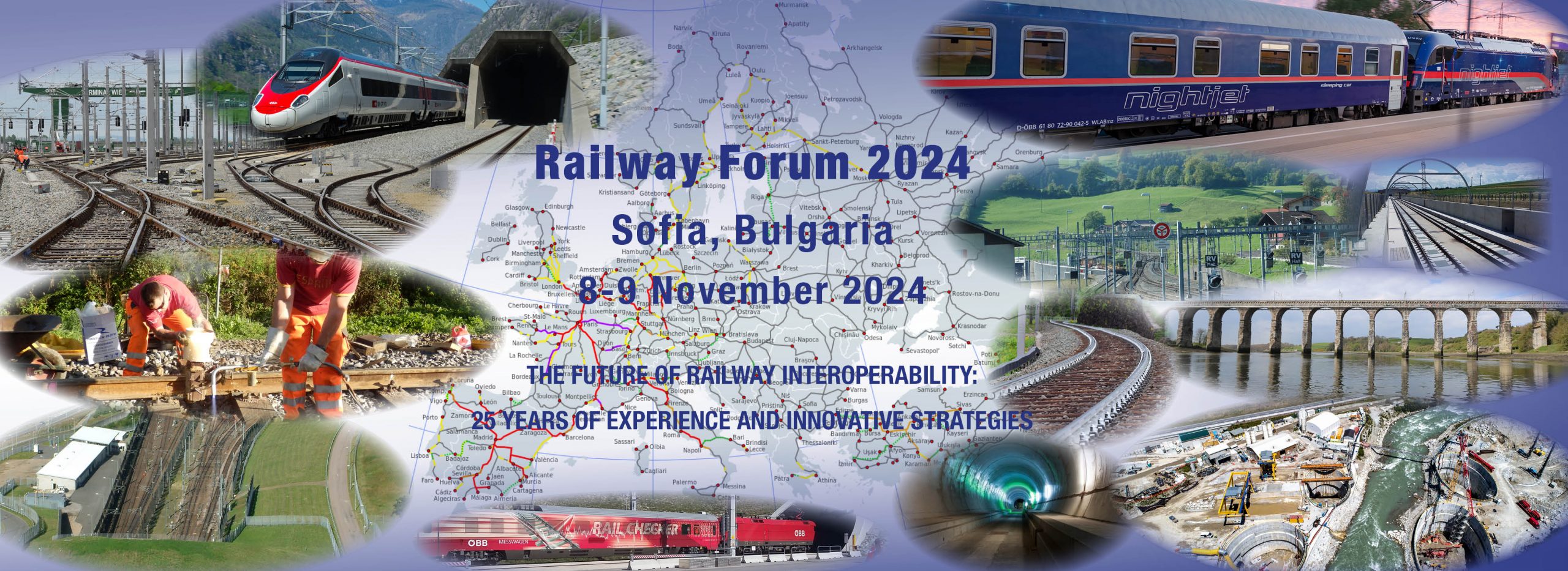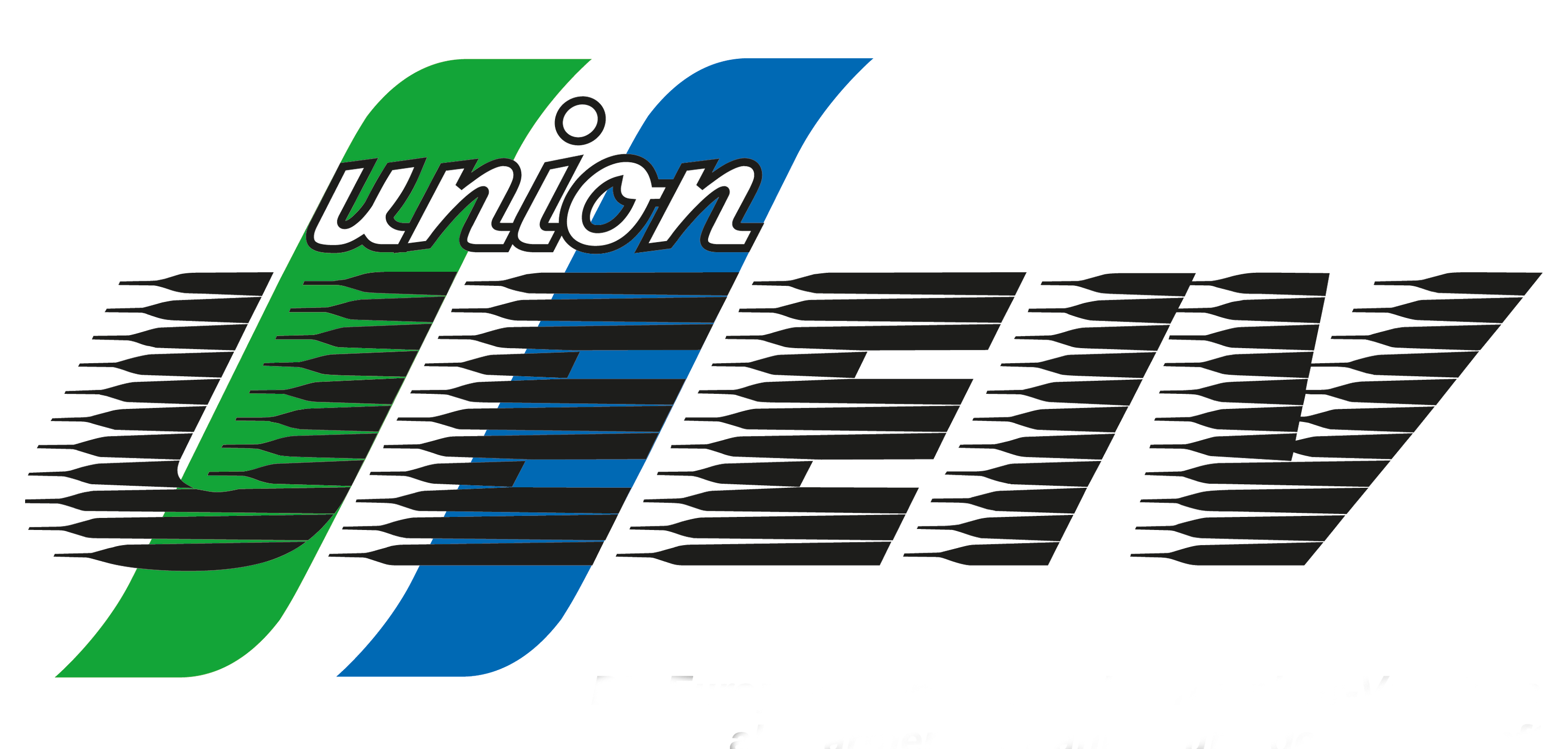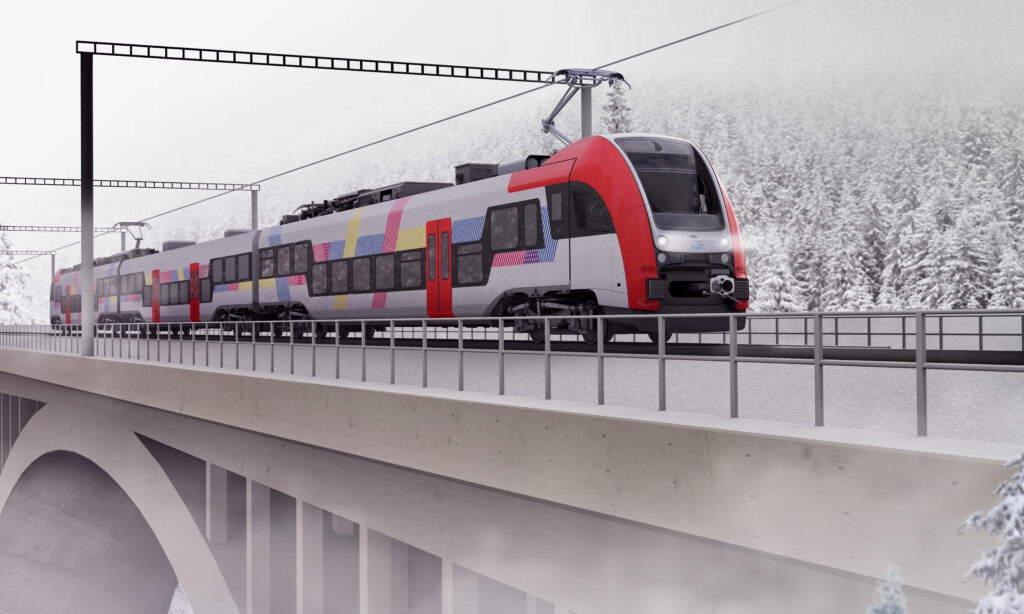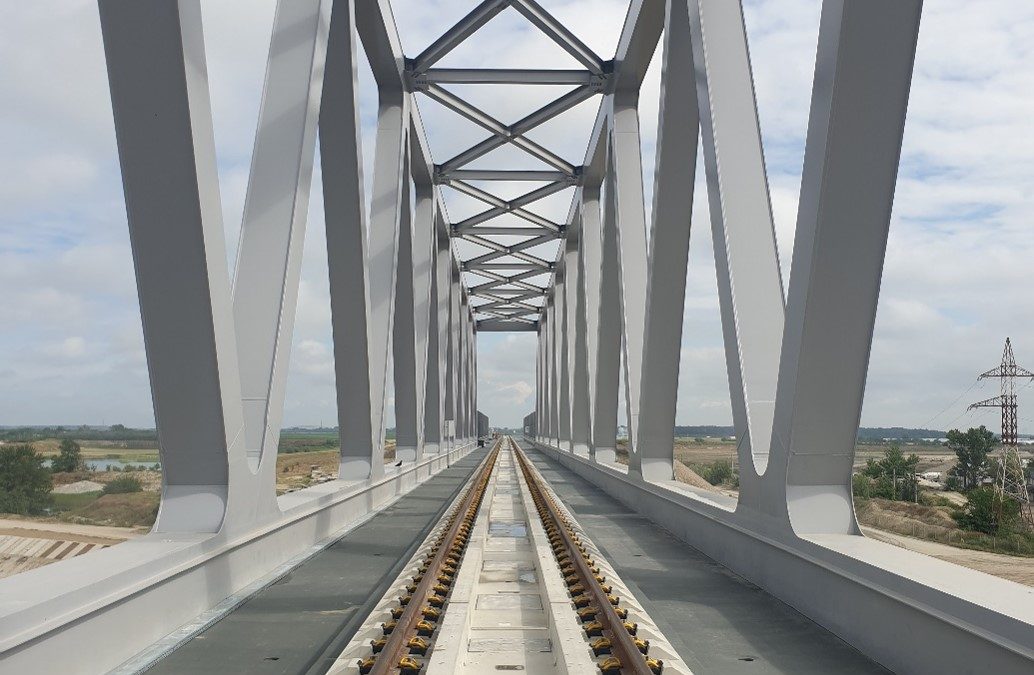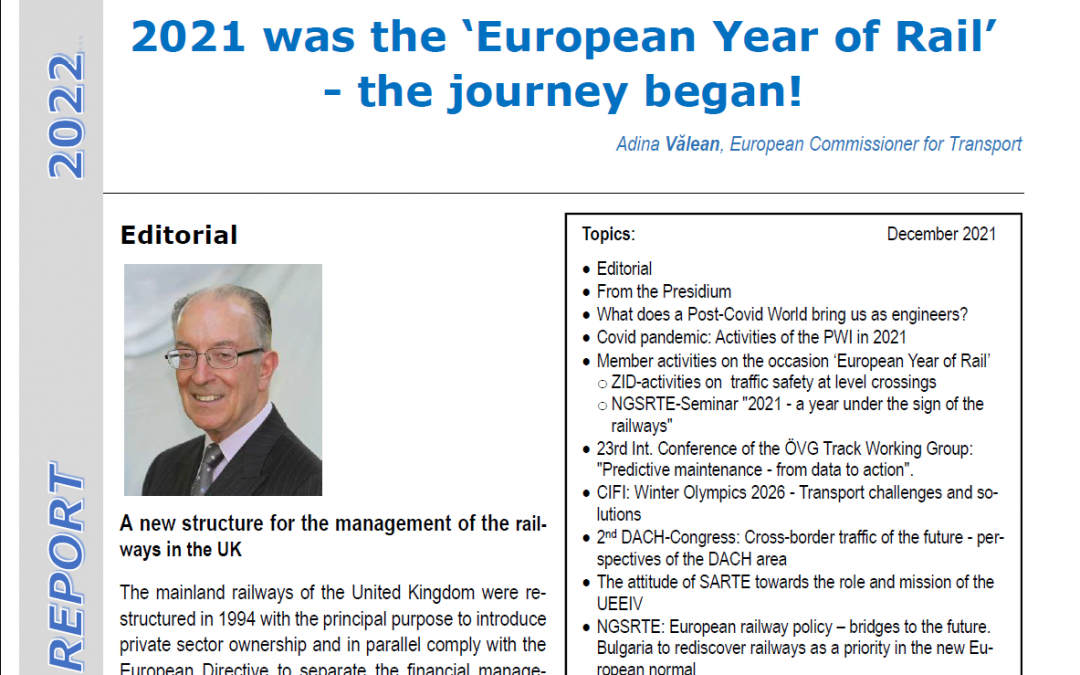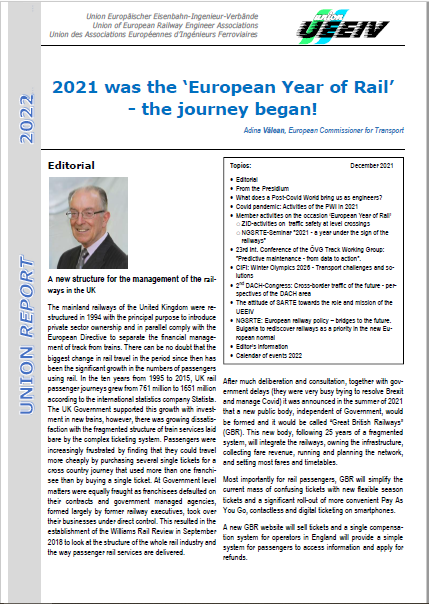Traditionally, Europe’s rail industry generates a large proportion of its sales in the “old” member states of the European Union. But recently the industry’s interest has also shifted more and more towards southeastern European countries, including those outside the EU.
Marie Vopálenská is CEO of ACRI, the umbrella association of Czech railway industry companies. “They employ 22,000 people and together contribute one and a half percent to the Czech Republic’s GDP,” Vopálenská explained at an association conference in February of this year. “The industry has grown steadily in recent years. Last year it was around seven percent compared to the previous year. The most important partners for them are the countries of the European Union, but also Serbia, Turkey and India.”
ŠKODA SUPPLIES METRO TRAINS FOR SOFIA, AŽD DIGITAL TECHNOLOGY FOR HUNGARY
The rail vehicle manufacturer Škoda is also part of ACRI. It will supply trolleybuses for Vilnius, Lithuania, and metro trains for Sofia, Bulgaria, among others. The trains are to enter service in 2026 and will run on lines 1, 2 and 4. They are similar to those to Warsaw, but will be equipped with air condition. From a systems perspective, the trains will feature a safety system with automatic speed control. It regulates the speed of traffic and prevents other trains from catching up. Each of the eight trains will be powered by traction three-phase asynchronous motors with regenerative braking – allowing power to be returned back to the grid.
The Sofia metro operates on standard-gauge 1435mm tracks and is powered via third rail. The power supply is direct current and the nominal voltage is 750 ± 250V. The trains have a design speed of 90km/h. Škoda has been present in the Bulgarian transport market since 2010, delivering 210 trolleybuses to five Bulgarian cities.
The AŽD company is a major supplier of technology units in the field of transport infrastructure. Among the most important activities implemented in 2023 was the construction of ETCS on several sections in the Czech Republic. The General Director of AŽD Prague Zdeněk Chrdle explains: “Abroad, we are waiting for a project to modernise the line in Hungary, including the installation of an intelligent digital system DIGITAL 4.0 on the Soroksár – Kelebia section.”
The Polish railway manufacturer PESA is also betting heavily on Southeast Europe. Until now, the Bydgoszcz-based company was known on the Romanian market primarily for its trams, having delivered 37 trams for Cluj, Iași and Craiova between 2012 and 2023. Now, as some observers put it, a “legal war” has broken out between PESA and the French producer Alstom. Two tenders by the Romanian Railway Reform Authority (ARF) for the purchase of Inter-Regio electric trains aroused interest.
On May 31, 2024, the Romanian media service evz.ro reported that the ARF had “completed the process of re-evaluating the offer submitted by the Polish PESA” for the state-owned operator CFR. PESA won the case, “and in the end the company from Poland was declared the winner.” Thus, CFR will receive 20 electric multiple units for the Bucharest, Iași and Cluj regions, with the possibility of adding nine more sets of the same type. According to the procurement contract, CFR will receive the electrical equipment no later than two years after the agreement between PESA and the railway authority is signed. The electric sets have a capacity of 191 seats.
At the same time, the railway authority can apply for an additional electric train sets with 9 additional railcars and a maintenance period of 30 years. The Polish manufacturer will also offer the buyer CFR employee training on how to handle hardware and software devices. The contract volume is stated to be 223.8 million euros. Of this, 167.97 million euros are for the vehicles and 55.83 million euros for maintenance services. The new trains are based on trains for the Czech railway company Regio-Jet and will offer, among other things, air conditioning, WiFi connection, bar/bistro, rooms for people with disabilities, ticket vending machines and validators. They run on the 25 kV traction network and are equipped with the Romanian safety system PZB 90 and the European ETCS.
POLISH PESA AND FRENCH ALSTOM FIGHT FOR ROMANIAN MARKET
But the ARF had also put out a tender for the purchase of a further 62 such trains. The source of financing is non-reimbursable European funds under the 2021-2027 Transport Programme. The entire project will be divided into three phases, after which the first 20 trains will run on the Bucharest North – Ploiesti South – Adjud, Iasi – Pașcani – Suceava, Bacău – Pașcani routes. Another 23 will then run on the Brasov – Gheorgheni, Arad – Timișoara – Caransebeș and Huedin – Cluj – Bistrița routes. As part of the final phase, electric trains will be introduced on the Bucharest North – Ploiesti West – Brasov, Bucharest North – Roșiori, Bucharest North – Bucharest Obor/Fundulea and Constanța – Fetesti routes.
Initially, eight companies competed for the contract. Alstom was excluded for violating the tender conditions. The contract was awarded to PESA and also signed by the purchaser. Two legal appeals by Alstom were rejected by the relevant Romanian courts. In response to a third appeal, the Court of Appeal ruled on 8 April that PESA should provide more detailed information on the maintenance costs for the trains, calculated over 15 years. PESA did so, but a final decision has not yet been announced. This means that this contract is blocked for the time being. This is negative for Romania – the trains, regardless of who is delivering them, will arrive later than expected and, in the worst case, EU funding could expire.
This situation has greatly angered Romanian Transport Minister Sorin Grindeanu. The media service profit.ro quoted the minister on June 4, following Agerpress. At Bucharest’s North Railway Station, he explained that the French manufacturer Alstom currently has to pay fines of around 18 million euros for delays in the delivery of the trains it has ordered and around 22 to 23 million euros for the metro trains that were actually supposed to run on the M5 – Magistrala 5 – line. The minister is then quoted verbatim: “It is good to stick to the terms of the contract or, if you cannot, leave it to others.” Anyone who “continues to delay and postpone the delivery of certain train sets” must know: “The penalties are flowing and will flow, and in a continual manner.”
In the digi24 information service, Grindeanu was even clearer: “They only work through CNSCs and appeal courts, but if you have an official contract, they do not deliver trains. They also face penalties. It is their right, I do not want to be misunderstood, but should we not start delivering what we already had in the contracts? Not that they are not coming, but they are coming too late. We keep getting explanations: the war in Ukraine, the supply lines have changed… Otherwise, there is another option. You come too late, I will cancel the contract, I will put you on the blacklist, and you will never deliver to Romania again for many years. I do not want that and have never been a fan of it. If we terminate the contract, we will start over with others, which means lost years.”
There was some movement on Alstom’s part when it won a tender for long-distance trains. “The second of a total of 37 Alstom Coradia Stream trains that will operate in Romania arrived in Romania at the Episcopia Bihor border point on May 31” and was immediately transferred to the test center in Făurei for several dynamic tests, reported the information service BizBrasov.ro on June 4, 2024. The train came from the Czech Republic, from Velim, where it underwent further tests with a view to certification. If all goes well, the train will run with passengers on the Brașov – Bucharest – Constanța route from the end of the year. A third train is currently being tested in Germany – from electrical and electronic systems to braking and drive systems, railway dynamics for train stability, but also aspects of passenger comfort.
by Hermann Schmidtendorf
Foto copyright info: from left to right
An ALSTOM Coradia Stream EMU for Romania. Credits: Alstom
This is how the Škoda metro trains for Sofia will look like. Credits: Škoda Group
A Polish PESA EMU for Romania. Credits: PESA
